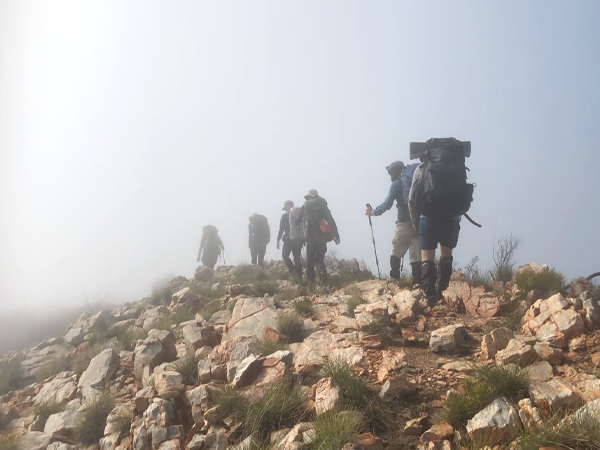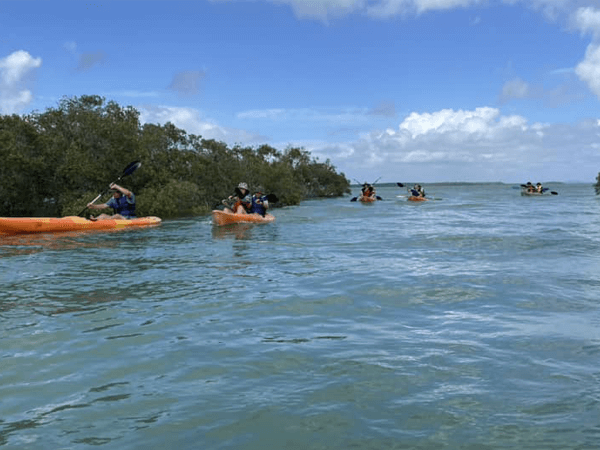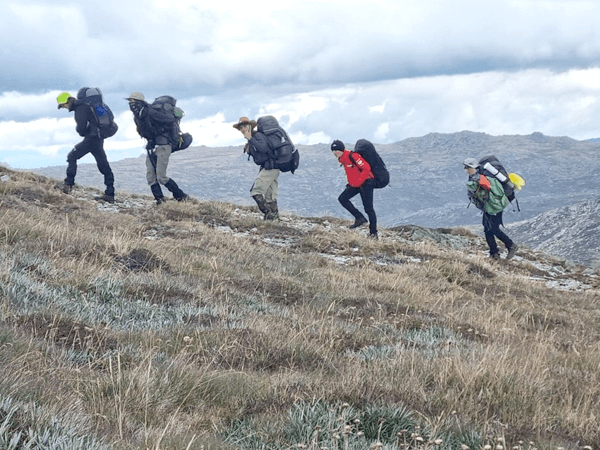Sustainable Development Goals
SDG14 – Life Below Water
![]()
Oceans and seas cover over 70% of our planet. Our existence depends on them for food, water, energy, and more, yet they’re suffering from overfishing and plastic pollution. By keeping our oceans clean and our fish stocks healthy, we’ll ensure that the Earth will remain habitable for humankind for centuries to come.
The oceans are the most diverse and important ecosystem on our planet, contributing to global and regional elemental cycling, and regulating the climate (e.g. making sure the Earth is habitable). The ocean provides natural resources including food, materials, substances, and energy. Marine Protected Areas contribute to poverty reduction by increasing fish catches and income, creating new jobs, improving health, and empowering women. Increasing levels of debris in the world’s seas and oceans is having a major and growing economic impact (UNEP).
How we manage this vital resource is essential for humanity as a whole, and to counterbalance the effects of climate change. Over three billion people depend on marine and coastal biodiversity for their livelihoods. However, today we are seeing 30 percent of the world’s fish stocks overexploited, reaching below the level at which they can produce sustainable yields. Oceans also absorb about 30 percent of the carbon dioxide produced by humans, and we are seeing a 26 percent rise in ocean acidification since the beginning of the industrial revolution. Marine pollution, an overwhelming majority of which comes from land-based sources, is reaching alarming levels, with an average of 13,000 pieces of plastic litter to be found on every square kilometre of ocean (UNDP).
As with any part of the outdoors, activities in and on our waterways plays a big part in our Scouting activities. Through our Outdoor Adventure Skills, and other aspects of the personal progression in our program, allow us to deepen our appreciation for aquatic environments. Reflecting on the impact we can have on our oceans, wetlands and creeks, we have committed to actions through our Sustainability Strategy and Action Plan that reduce our negative impacts. Whether it is by championing efforts to reduce plastic waste (before it becomes microplastics or waste chocking our oceans), participating in citizen science surveys of local waterways, or spreading awareness of SDG14, we can all do our part.

Examples in action
Scouts have run a National Scuba School on the Great Barrier Reef to equip members with diving qualifications and experiences, and trained youth how to do environmental surveys on the Reef.
Learn more and take action
- WOSM’s Scouts For SDGs page: Life Below Water (WOSM)
- Scouting Ireland’s 17days17sdgs campaign: Life Below Water (SI)
Where is your nearest waterway? What impacts are your community having on it – good and bad?
![]()
We know so much about oceans, and their contributions to a healthy global environment and the wellbeing of communities that live nearby. Yet how much do we know our own waterways, lakes and wetlands nearby? For that matter, what water efficiency initiatives have we put in place around our Scout Halls, or other improvements to reduce our water use and impact on the environment?
Scouts Australia’s youth program team have started developing ideas for how you might engage with each of the Sustainable Development Goals. This card challenges you to contribute to our global goal of Life Below Water by building your understanding of the waterways around you, what affect we have on them, and how you can take action. Every small part counts as we work towards these goals!
Share your efforts
Now that you’ve taken action, share it to inspire others. If you post to social media, please tag Scouts Australia and include the hashtags #Scouts4SDGs #ScoutsAustralia #SDG14 #LifeBelowWater, and then head over to scout.org to register your project: https://www.scout.org/node/add/project




